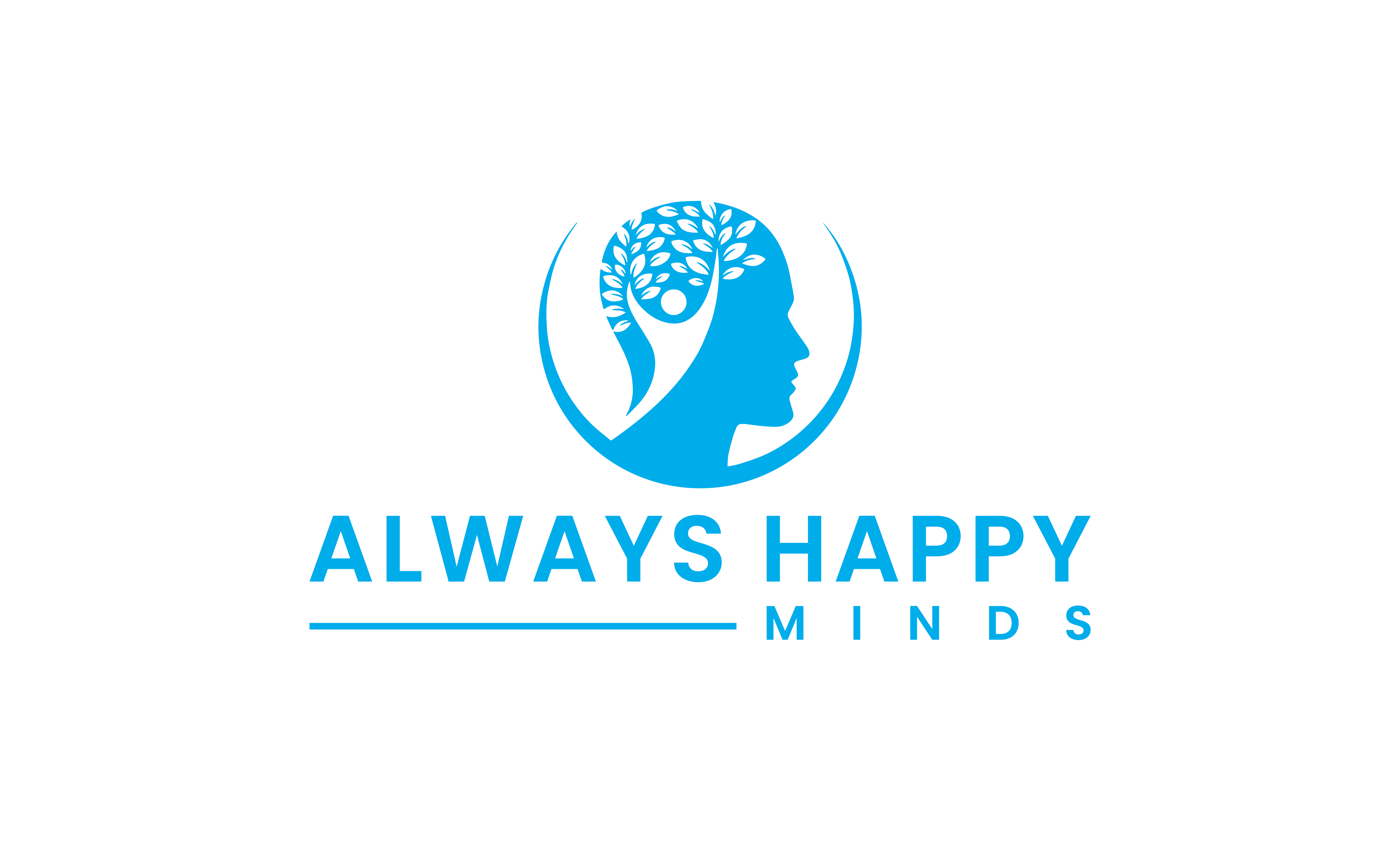In today’s fast-paced world, taking care of your mental health can often be overlooked. Many people push through their daily struggles, believing that rest or a break is a luxury they can’t afford. However, mental health is just as important as physical health, and sometimes, taking a step back can be the best thing you can do for yourself.
Below are the signs that indicate you might need a mental health break. By recognizing these early, you can prevent burnout and protect your well-being.
1. Constant Fatigue and Low Energy
If you’re feeling tired even after a full night’s sleep, it could be a sign that your mind needs rest, not just your body. Mental fatigue often presents as a lack of energy to complete even simple tasks, such as getting out of bed, focusing at work, or participating in social activities. This type of fatigue isn’t just physical; it’s an emotional and mental weariness that indicates your brain needs a break to recharge.
How to Address It:
Take time for self-care, set realistic goals, and don’t feel guilty about needing extra rest. Even a short mental break, like meditating or going for a walk, can provide relief.
2. Trouble Concentrating
Do you find yourself reading the same sentence over and over without retaining anything? Difficulty concentrating is a red flag that your mind is overwhelmed. You might find it hard to focus on work, struggle to complete tasks, or get easily distracted. These are signals that your brain is overloaded and needs time to decompress.
How to Address It:
Start with short breaks, step away from your screens, and engage in activities that stimulate your mind in a positive way, like puzzles or creative hobbies. Setting boundaries and creating a better work-life balance can also help regain focus.
3. Irritability and Mood Swings
Frequent mood swings or irritability, even over small things, can be an indication that you’re mentally and emotionally stretched thin. When we’re mentally exhausted, our capacity for patience diminishes, and small inconveniences can seem like huge problems.
How to Address It:
Recognize when you’re feeling irritated and practice mindfulness or breathing exercises to calm down. More importantly, give yourself the grace to step back and reset your emotional equilibrium.
4. Feeling Emotionally Distant or Detached
Another sign you need a mental health break is emotional detachment, where you may feel disconnected from your emotions or relationships. If you’re feeling indifferent to things you once cared about, or isolating yourself from friends and family, it might be a coping mechanism for overwhelming stress.
How to Address It:
Reconnect with the people who make you feel supported. Take a moment to express your feelings and allow yourself the space to experience them. Journaling your thoughts and practicing mindfulness can help bring awareness to your emotions.
5. Physical Symptoms with No Clear Cause
Stress and mental fatigue often manifest in physical ways. Persistent headaches, stomach issues, muscle tension, or even a racing heart can all be signs that your mental health is suffering. If you’ve ruled out physical causes but continue experiencing these symptoms, it’s time to evaluate your mental health.
How to Address It:
Focus on relaxation techniques like yoga, breathing exercises, or progressive muscle relaxation. Consult a professional if these symptoms persist to get personalized guidance on managing stress and mental fatigue.
6. Loss of Interest in Hobbies or Activities
If you no longer find joy in activities you once loved, it could be a sign of burnout or depression. This loss of interest is known as anhedonia, and it’s a common indicator that your mental health is deteriorating. When life feels monotonous and nothing excites you anymore, it’s time to take a step back and reassess.
How to Address It:
Reconnect with activities that brought you happiness in the past, even if it’s just for short intervals. Taking small, manageable steps to engage in hobbies can reignite your passion. Also, give yourself permission to take a break from activities that feel draining instead of energizing.
7. Sleep Disturbances
Mental stress often impacts sleep patterns. Whether it’s trouble falling asleep, waking up frequently, or feeling unrested even after hours of sleep, these disturbances are common signs of an overworked mind. Sleep is essential for mental recovery, and when it’s disrupted, it creates a vicious cycle of fatigue and stress.
How to Address It:
Create a bedtime routine that promotes relaxation, such as turning off screens an hour before bed, engaging in light reading, or meditating. Prioritize getting enough sleep each night and, if necessary, speak to a doctor about persistent sleep issues.
8. Increased Anxiety or Panic Attacks
If you’re finding that feelings of anxiety are becoming more frequent or intense, or you’re experiencing panic attacks, it’s a clear signal that your mental health is at risk. Anxiety can manifest in many forms, from racing thoughts to physical symptoms like a pounding heart or shortness of breath.
How to Address It:
Find healthy outlets to manage your anxiety, such as deep breathing, mindfulness meditation, or speaking with a mental health professional. Taking a break from stressful environments or tasks can significantly reduce anxiety symptoms.
9. Feeling Overwhelmed by Small Tasks
When your mental health is suffering, even minor tasks like responding to an email or making a phone call can feel overwhelming. The mental load of juggling multiple responsibilities becomes too much, and even the smallest action seems impossible.
How to Address It:
Break tasks into smaller, more manageable steps. Make a list and focus on completing just one thing at a time. Allow yourself the space to tackle things at your own pace without feeling the pressure to be constantly productive.
10. You’re Neglecting Self-Care
Self-care is often the first thing we neglect when we’re mentally drained. If you notice that you’re not taking care of basic needs like eating well, staying hydrated, or exercising, it’s a sign that your mental health is taking a backseat to other responsibilities.
How to Address It:
Prioritize your well-being by scheduling time for self-care. Whether it’s preparing healthy meals, going for a walk, or simply taking a long bath, these activities can help restore your mental energy and give you the mental health break you need.
Conclusion: Prioritize Your Mental Health
Recognizing the signs that you need a mental health break is crucial for maintaining overall well-being. Ignoring these signs can lead to burnout, emotional exhaustion, and even more severe mental health conditions. Taking time to recharge, whether through self-care or speaking with a mental health professional, is essential. Remember, a mental health break isn’t a luxury—it’s a necessity.

